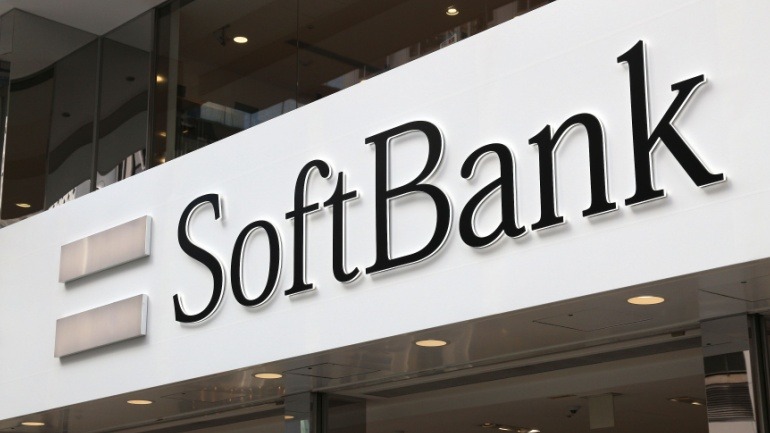Oracle has unveiled a $30 billion annual deal with OpenAI, fueling a major expansion in global data centers. With soaring demand and massive investment, Oracle expects rapid growth in cloud infrastructure, aiming to become a global leader in cloud services.
Alibaba Cloud is accelerating its global expansion with new data centers in Malaysia and the Philippines and a $52.7 billion investment in infrastructure. The launch of its AI Global Competency Center in Singapore highlights its push to train talent and deploy AI across industries.
SoftBank aims to spearhead the artificial super intelligence era, highlights CEO Masayoshi Son. With strategic partnerships involving OpenAI and Arm, SoftBank envisions establishing a global AI platform akin to the dominance seen in tech giants like Microsoft.
Nokia is partnering with Converge to deploy advanced data center switches powered by AI-driven automation, aiming to boost performance, sustainability, and scalability. The initiative supports growing AI workloads while streamlining operations and reducing energy use.
At MWC Shanghai 2025, China Telecom and Huawei introduced Intelligent Ultra Pooling Uplink, a 5G Advanced innovation that boosts uplink speed, reduces delays, and improves coverage. Powered by AI, it enables seamless data transmission for smart devices, enhances energy efficiency, and supports real-time applications.
Hewlett Packard Enterprise and Nvidia’s AI factory solutions propel AI adoption, featuring AI-ready RTX PRO Servers and HPE Private Cloud AI. Merging Nvidia’s tech with HPE’s ecosystem, they offer a complete AI framework for enterprises.
Enterprises across Europe recognize the power of AI and 5G to drive innovation, yet face major hurdles in adoption. Ericsson research reveals that outdated systems, skill shortages, and complex telecom solutions are stalling progress. While the UK leads in optimism and investment, many European firms struggle with rising costs and poor connectivity.
Edgnex, backed by the Damac Group, is investing $2.3 billion in a major AI data center in Jakarta. With a planned 144MW capacity and a focus on energy efficiency, the project strengthens Indonesia’s digital infrastructure and marks a key move in Edgnex’s $3 billion Southeast Asia expansion strategy.
South Korea will host its largest AI data center through a $4 billion partnership between SK Group and AWS. Located in Ulsan, the facility will house 60,000 GPUs and reach 103 megawatts by 2029, driving regional AI growth. SK subsidiaries will contribute resources and infrastructure, bolstering AI services, edge computing, and cloud-based GPU access nationwide.
Sinch’s latest report reveals that nearly all businesses plan to use AI in customer communications this year. As customer expectations grow, companies are embracing AI to deliver personalized, secure, and seamless experiences across channels like SMS, chat, and voice.













